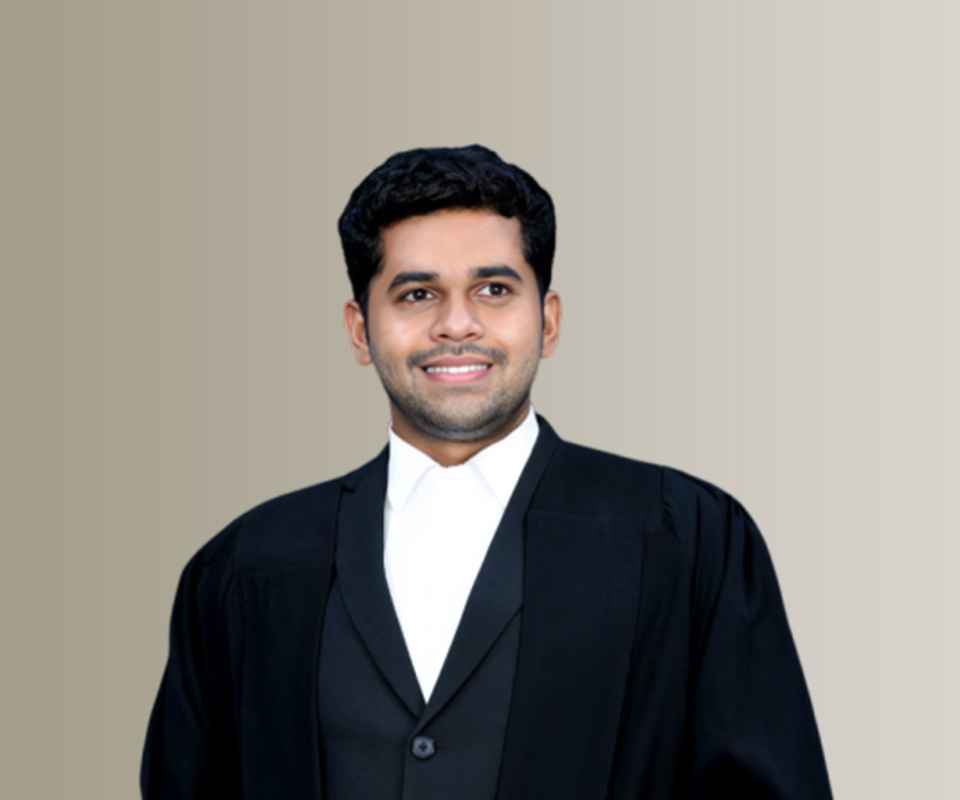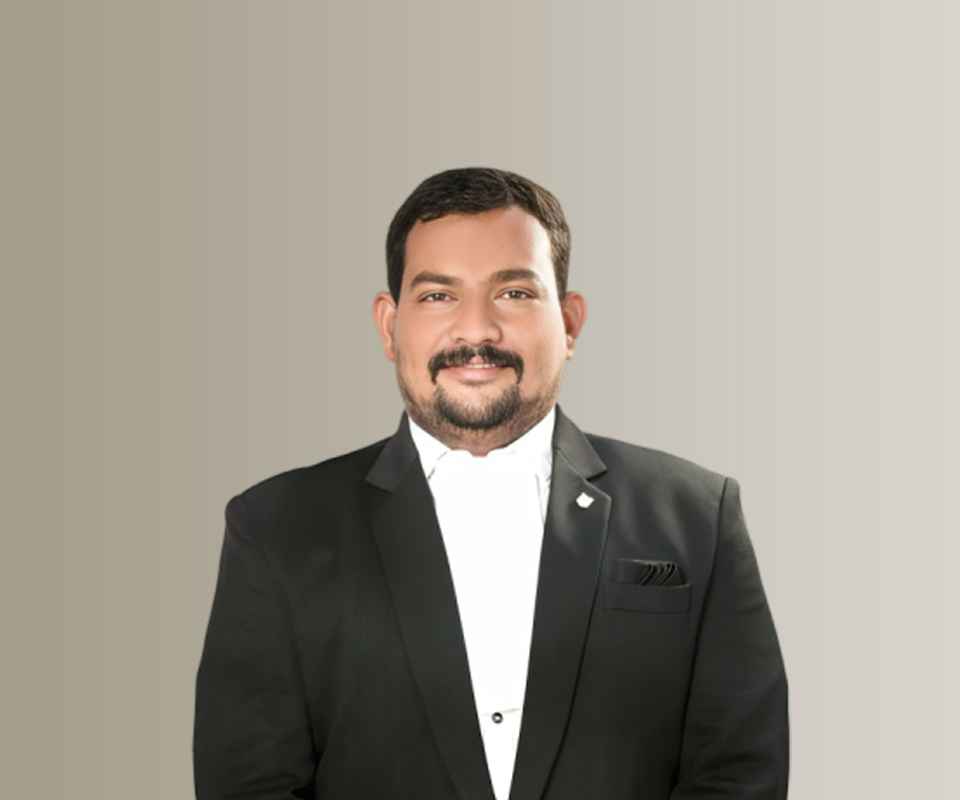Answer By law4u team
The Right to Education (RTE) Act, 2009 aims to ensure universal education for all children aged 6 to 14 years in India, and it includes important provisions to ensure inclusive education. One of the key provisions of the RTE Act requires private schools to admit a certain percentage of students from economically weaker sections (EWS) and disadvantaged groups. This has led to the question of whether private schools can be forced to admit students under the RTE Act, especially in light of reservation and compulsory admissions.
Key Provisions for Private Schools Under the RTE Act:
1. 25% Reservation for EWS and Disadvantaged Groups:
Under Section 12(1)(c) of the RTE Act, private schools (including unaided private schools) are required to reserve 25% of their seats for children from economically weaker sections (EWS) and disadvantaged groups in the entry-level classes (such as Class 1).
This provision mandates that private schools admit students from EWS without charging any fee for their education, and the government compensates the school for these free seats.
The 25% reservation is part of the government's effort to provide equitable education opportunities and reduce educational disparities between different social classes.
2. Admission Criteria for Reserved Seats:
For the reserved seats, private schools are not allowed to charge any fee. The government reimburses the schools for the cost of education of these students.
Admission to the reserved seats must be conducted through a transparent lottery system or other equitable means to ensure fairness and prevent discrimination.
3. Impact of RTE on Private School Admissions:
Private schools cannot deny admission to students based on economic status if the student is eligible for the reserved seats under the RTE Act.
The schools must follow the guidelines laid down by the government for the admission process, and they cannot make arbitrary decisions to exclude children from disadvantaged groups or economically weaker sections.
4. Rights of Private Schools:
While private schools are mandated to reserve 25% of seats, they are also allowed to select the remaining students through their own admission process, which can include merit-based criteria.
However, the RTE Act ensures that this selection process should not be discriminatory, and the private schools must follow the non-discriminatory admissions policy.
5. Government's Role in Enforcement:
The government is responsible for monitoring the implementation of this provision and ensuring that private schools comply with the requirements for admitting EWS students.
State governments and local authorities can take action against private schools that fail to follow the rules under the RTE Act, including penalties or even the withdrawal of recognition.
Example:
In a private school in Delhi, the school has 100 seats in Class 1. Under the RTE Act, 25% of these seats (i.e., 25 seats) must be reserved for children from economically weaker sections (EWS). These 25 students will receive free education, and the government will reimburse the school for their education. The school cannot charge any fees from these students for tuition, books, or uniforms.
Conclusion:
Yes, private schools can be forced to admit students under the Right to Education (RTE) Act, 2009, particularly when it comes to the 25% reservation for economically weaker sections (EWS) and disadvantaged groups. These schools are legally obligated to provide free education to these students and to follow the admission guidelines specified under the Act. However, they retain the right to select students for the remaining seats based on their own criteria, provided these criteria are not discriminatory. The government's role is crucial in ensuring compliance with these provisions and in promoting inclusive education.






